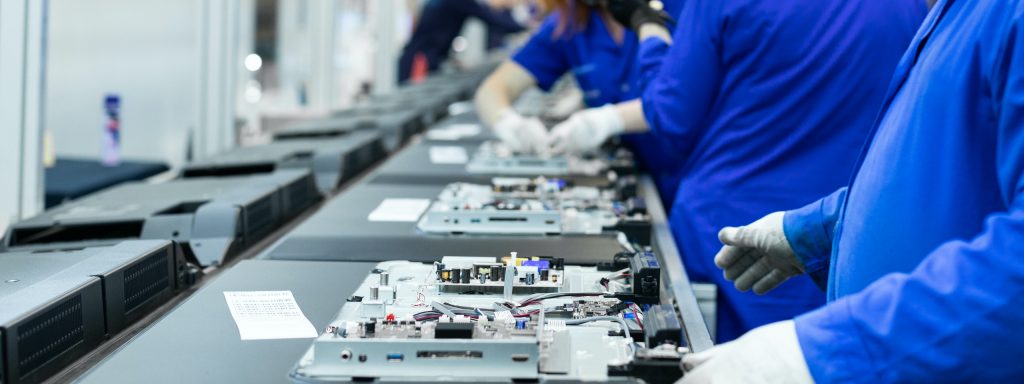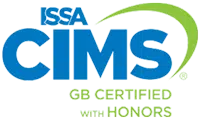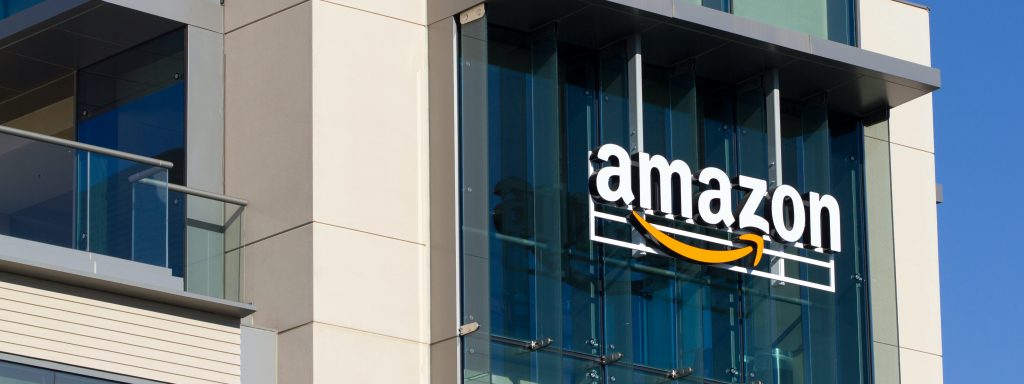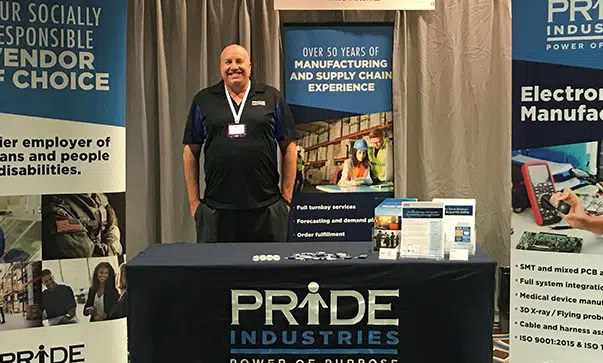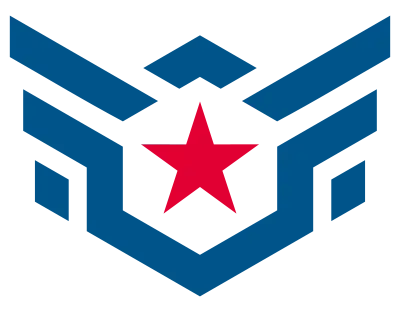Commercial landscaping. It’s one of those services that can be taken for granted—until it falls short. You may not hear from occupants when they appreciate the blooming flowers, but you will know when someone slips on wet leaves or must constantly duck to avoid overgrown shrubbery.
And let’s not forget, your commercial landscape upkeep isn’t just about the building’s curb appeal. It’s the parking lot at the back, walkways, driveways, gutters, and keeping all areas trash-free and clean. All these services run in the background, keeping your grounds in good condition and appealing to tenants and customers—but when things are not done right, lack of service comes front and center. So, what are the key elements needed to keep your grounds in top condition and ensure tenants are happy?
We’ve done the groundwork (get it?) and compiled a list to guide you.
Commercial Landscaping—It's Personal
We’ve said it before, but it doesn’t get old—relationships are important. That goes for the relationship between the property manager and the landscaper and between the landscaper and the grounds they take care of. Develop a relationship with your landscaper and walk the property with them. They should be familiar with what is growing well and what needs attention—and happy to tour the property grounds with you to talk about what is being done and what to expect in the upcoming season.
Reputation and Experience
The number of years a company has been in business can be a good barometer of quality. (Let’s face it, nobody stays in business for years by doing a bad job.) Equally important is employee experience and training, a company with well-seasoned and well-trained staff is more likely to deliver high-quality services and meet your expectations. Check a company’s website and see how long they have been in business. Look for reviews and feedback from past clients to get an idea of the landscaper’s reputation.
Courtesy and Communication
With so much change around where people work: the office building, the home office–or both depending on the day of the week–communication regarding landscaping schedules is even more vital. Good lines of communication regarding jobs being done outside of regularly scheduled maintenance will prevent surprises. No one wants to drive into the office for a meeting to find walkways and parking lots being deep cleaned, leaving street parking and climbing over flowerbeds the only options for getting into the building. Courtesy also includes polite and professional uniformed gardeners and workers who are willing to answer tenant queries and address concerns.
Range of Commercial Landscaping Services
Landscaping is more than mowing and blowing. It is seasonal and varied. Depending on the property, lawn care, tree and shrub care, irrigation, hardscaping, and trash removal in parking lots and dumpster areas may be part of what your property needs. A company that provides a comprehensive range of services can help you save time and money by handling all your landscaping services. Talk through the services your property requires to ensure everything is covered by your landscaper.
Environmentally Aware
Sustainability is becoming an increasingly important consideration in commercial landscaping. It is good for the landscape and customers often demand it. Today the best environmentally friendly practices include the principles of IPM (Integrated Pest Management). Landscapers who implement these practices use materials such as native plants, organic fertilizers, and chemical tools to minimize environmental, health, and economic risks. With these principles, a landscaper familiar with your property and goals can provide advice on how to conserve water and energy, reduce waste, and improve the overall sustainability of your property.
Proactive and Preventative
Seeing the big picture is always necessary but paying attention to small details and acting on them can be crucial. Keeping an eye on details and being proactive can prevent escalation to a larger problem. Overgrowth into building air conditioning units, signs of pest infestation, leaking, and poorly timed irrigation if spotted early are a lot easier to deal with. Prevention is particularly vital when it comes to your property’s outdoor water use. For example, an irrigation system that uses sensors rather than timers can prevent over-watering that can kill plants, waste valuable water, and lead to higher bills.
Capability and Compliance
These two things should go hand-in-hand. Merely having the capability to complete a task is not enough. When liability and safety are on the line compliance with standards is a must. Okay, less important when it comes to picking spring flower colors–but necessary for many other services provided by a landscaper. Improper compliance when it comes to tree trimming, or pesticide and fertilizer use, for example, could impact the safety of building occupants and the long-term health of your grounds or gardens. Your landscaper should be licensed, insured, and bonded, and staff should be well-trained in safety procedures.
Expertise and Knowledge
With the right landscaper, you do not need to know tulips from thistles, or even a mower from a blower (okay, that is a bit of a stretch). Picking a landscaping company with broad expertise and deep knowledge across multiple topics will mean getting the most out of your outdoor space and sustaining satisfied tenants. To be assured of a landscaper’s qualifications check for certifications such as the National Association of Landscape Professionals (NALP) Landscape Industry Certification, and the International Society of Arboriculture (ISA) Arborist Certification. Certifications such as these require standards of professionalism, up-to-date knowledge of materials and regulations, and continuing education.
Available and Reliable
Nothing says good service like availability and reliability. Whether it’s concerns about damage from a storm or just to discuss aesthetic changes, calls to your landscapers should be responded to promptly. And when extra tasks or jobs are scheduled, you should be able to count on service personnel showing up and getting the job done.
Remember It is Seasonal, and Year Round
Do not fall into the seasonal trap. Yes, commercial landscaping services change as the seasons do, but reducing work during winter or fall will be detrimental to the landscape and your leasing potential. Good landscaping follows a year-round calendar and specifies when certain tasks need doing such as trimming perennials, laying mulch, and when annuals are planted. Not only will cost cutting in one season be apparent to tenants, but it may also harm long-term plant health and mean more work is required the following season.
At its best, when commercial landscaping services are professional and efficient, it can appear to tenants and employees that the landscape just, well…looks after itself. A case when hearing crickets means an excellent job is being done.
